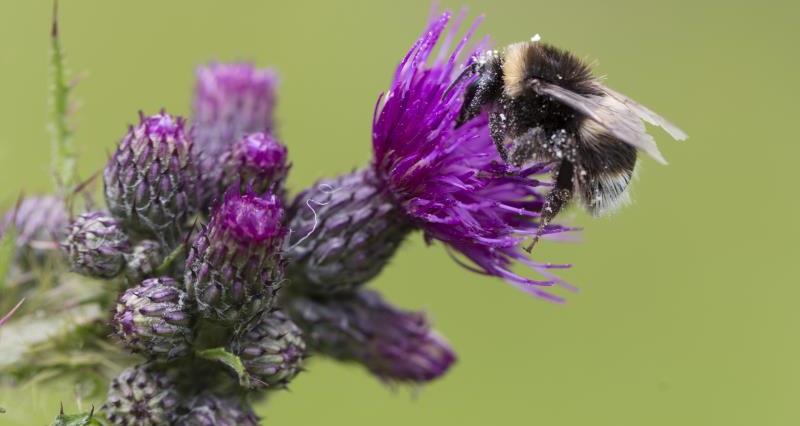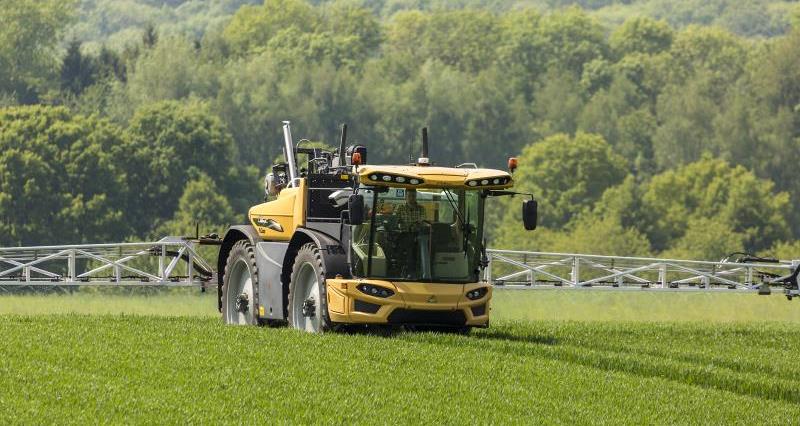This new regulation has lowered the existing MRLs (maximum residue limits) for clothianidin and thiamethoxam in food and feed imports to the lowest level that can be detected using the latest technologies (known as the ‘limit of determination’).
This applies to both EU produced and imported food. It follows EU bans in 2018 on the outdoor use of these substances.
The regulation was adopted in 2023 and comes into force in 2026, provided there are no objections. Currently, 19 countries have raised some objections to the World Trade Organisation.
Lack of evidence
Despite regular sensational media coverage, there is still no clear or compelling weight of evidence showing that neonicotinoids are a cause of widespread declines in pollinator populations.
Having committed to neonicotinoid bans, the European Commission has been under pressure from EU farmers because of the uncompetitive situation it creates for them compared to non-EU farmers exporting into the EU.
The Commission then notified the WTO (World Trade Organisation) about its intention to lower residue levels for two neonicotinoids, to prevent what it sees as a global impact of neonicotinoids. Normally this only happens if an active substance is assessed as having an unacceptable risk for consumer health.
This is the first time such a submission has been made on the basis of environmental impact.
Global reaction
Countries across the world, including the USA, Australia, Japan and Brazil have reacted diplomatically but angrily to the Commission’s proposal, accusing the EU of failing to provide evidence that supports its case, and going against the principles of the WTO Sanitary and Phytosanitary measures for risk assessment.
They highlight that residue limits are not a tool for managing environmental concerns and call on the EU to follow the recognised development and use of international standards for food safety.
These countries will be concerned about how the action would impact the ability of their growers to produce crops exported to the EU. The expectation is that the EU proposal will be challenged under the WTO’s dispute settlement procedures.

